In our journey towards overall wellness, we often overlook the importance of maintaining good oral health. However, missing teeth can greatly impact not just our smiles but also our overall well-being. Having missing teeth can lead to a decline in both oral health and overall wellness. As a result, it is crucial to talk to your dentist about your restorative options. This can help prevent a domino effect of dental problems.

The Domino Effect of Missing Teeth
When a tooth is lost, it sets off a chain reaction of problems in your mouth. Each tooth plays a crucial role in maintaining the stability and alignment of your jaw and surrounding teeth. Therefore, when a tooth is missing, the neighboring teeth may start to shift or tilt into the gap. Unfortunately, this can cause misalignment and other bite problems.
Challenges with Chewing and Digestion
Beyond aesthetics, missing teeth can impair your ability to chew food properly. This can lead to difficulties in eating certain foods. This can potentially result in poor nutrition and digestive issues. Additionally, when food particles are not adequately chewed, it can put extra strain on your digestive system. This can lead to discomfort and potential long-term digestive problems.
The Impact on Speech
Our teeth play a vital role in forming certain sounds when we speak. When you talk, your tongue will touch different places in your mouth and on your teeth. Missing teeth can alter the way we pronounce words. As a result, this can lead to speech impediments and self-consciousness. This can affect our confidence in social interactions and professional settings, ultimately impacting our overall well-being.
Bone Loss and Facial Changes
One of the lesser-known issues with missing teeth is bone loss in the jaw. When a tooth is lost, the underlying jawbone may start to deteriorate over time due to lack of stimulation. This can result in changes to your facial structure. It can give your face a prematurely aged appearance. Additionally, bone loss can make it more challenging to receive dental implants or other tooth replacement options in the future.
Increased Risk of Gum Disease and Decay
The gaps left by missing teeth can become breeding grounds for bacteria, plaque, and tartar buildup. This increases the risk of gum disease, which can lead to further tooth loss if left untreated. Moreover, without the support of neighboring teeth, the surrounding teeth may be more prone to decay and damage. This can worsen other oral health issues.
Psychological Impact and Quality of Life
The effects of missing teeth extend beyond physical health concerns. They can also take a toll on our mental and emotional well-being. Many with missing teeth report feeling self-conscious about the way they look. This can lead to low self-esteem and avoiding social situations. Restoring missing teeth improves oral function, restores confidence, and enhances overall quality of life.
Addressing Missing Teeth: Treatment Options
Fortunately, there are several treatment options available to address missing teeth and prevent further oral health issues. These include dental implants, bridges, and dentures, which can restore both function and aesthetics. Consulting with a dentist can help determine the most suitable treatment plan based on individual needs and preferences.
